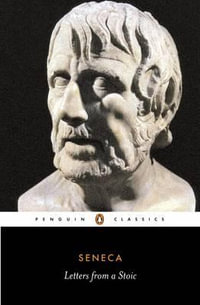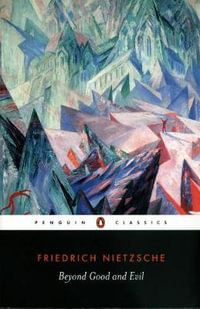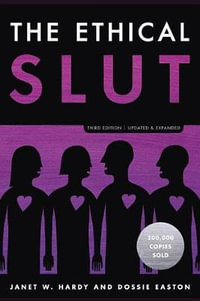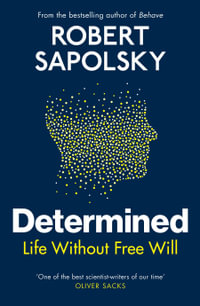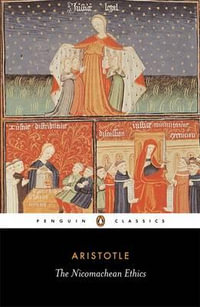Opening a new debate on ethical reasoning after Kant, Drew Dalton addresses the problem of the absolute in ethical and political thought. Attacking the foundation of European philosophical morality, he critiques the idea that in order for ethical judgement to have any real power, it must attempt to discover and affirm some conception of the absolute good. Without rejecting the essential role the absolute plays within ethical reasoning, Dalton interrogates the assumed value of the absolute.
Dalton brings some of the most influential contemporary philosophical traditions into dialogue with each other: speculative realists like Badiou and Meillassoux; phenomenologists, including Husserl, Heidegger, and Levinas; German Idealists, especially Kant and Schelling; psychoanalysts Freud and Lacan; and finally, post-structuralists, specifically Foucault, Deleuze, and Ranciere. The relevance of these thinkers to concrete socio-political problems is shown through reflections on the Holocaust, suicide bombings, the rise of neo-liberalism and neo-nationalism, as well as rampant consumerism and racism.
This book re-defines ethical reasoning as that which refuses absolutes and resists what Milton's devil in Paradise Lost called the "tyranny of heaven." Against traditional ethical reasoning, Dalton sees evil not as a moral failure, but as the result of an all too easy assent to the absolute; an assent which can only be countered through active resistance. For Dalton, resistance to the absolute is the sole channel through which the good can be defined.
Industry Reviews
Drew Dalton's The Ethics of Resistance: Tyranny of the Absolute is a book that I wish I had written. This text is a rigorous, articulate, and exceptionally clear development of a unique and original ethical position ... I highly recommend The Ethics of Resistance to both novices and scholars interested in ethics, phenomenology, and contemporary French philosophy. It presents a genuinely original philosophical position through rigorous, clear, and meticulous analyses, that, I think, must be reckoned with. * Journal of French and Francophone Philosophy *
A valuable resource for students of religion as well as philosophy. Summing Up: Recommended. Upper-division undergraduates through faculty. * CHOICE *
Through a sharp reading of the ethics foregrounding most contemporary western thought and philosophy's relationship with the absolute, Dalton finds the point where ethical thought falls into nihilism or, even worse, outright fascism. Dalton goes on to outline an "ethics of resistance" that pulls away from the tyranny of the absolute. -- Dylan Trigg, FWF Lise Meitner Senior Fellow, Department of Philosophy, University of Vienna, Austria
If anybody considers themselves to be on the cutting edge of contemporary ethics, then they cannot ignore Dalton's re-evaluation of what we thought we all knew about ethics. * Symposium: Journal of the Canadian Society for Continental Philosophy *
Dalton does a great job of writing clearly about very difficult philosophers. This is an important book for anyone interested in the source of fanaticism. -- Paul Cliteur, Professor of Jurisprudence, Leiden University, The Netherlands
A radical re-reading of evil in relation to ethics, which carries with it a powerful argument against the seduction of the absolute; the writing style is forceful and animated without being hyperbolic. This is an original contribution to the field of contemporary continental philosophy. -- William Watkin, Professor of Contemporary Philosophy and Literature, Brunel University, UK






